一款帮助您顺畅运营、加强与家长联系,并腾出更多时间陪伴孩子的软件。
一个系统轻松管理整个学校。
预测、管理、跟踪,并提升咨询和出勤率。
让家长随时随地了解孩子的一天。
在一个平台上评估和考核员工表现。
选择合适的软件并不容易。但 LittleLives 不仅仅是软件,我们优先考虑您的独特需求。
这不仅仅关乎孩子的学习。获取我们为您、员工和家长提供的资源——完全免费。
我们与行业专家合作,为教育工作者和家长提供精心策划的内容和见解,激发他们的成长和关系。
终极学习中心:培训课程、播客、电子书等等! 通过我们精心策划的视频、播客、电子书和培训课程,探索知识世界
ECDA 与参与的中心合作,设计社区服务项目
通过活动、会议和社区进行全球联系! 参与不同社区、当地活动和全球会议,在全球范围内促进联系并建立持久关系。
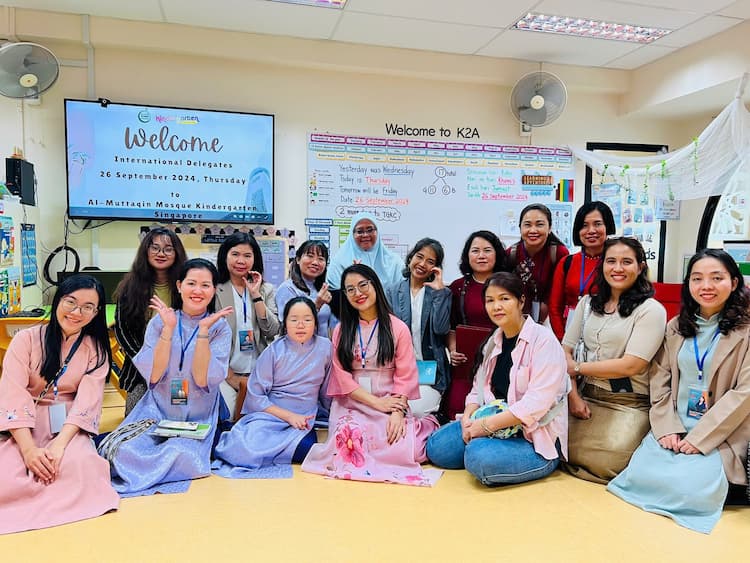
Introduction
In today’s rapidly evolving education landscape, experiential learning has emerged as a cornerstone of effective teaching. For educators in early childhood education, short-term study tours, school visits, and workshops offer transformative opportunities to enhance their professional skills and teaching practices. These activities are especially impactful in regions like Singapore and Southeast Asia, where diversity and innovation in education are celebrated. By immersing educators in real-world experiences, these initiatives lay a strong foundation for professional growth and enriched teaching methodologies.
Benefit 1: Expanding Global Perspectives
Short-term study tours and school visits provide educators with unique opportunities to explore different educational methods, cultures, and environments. These experiences introduce teachers to the richness of global diversity, fostering open-mindedness and adaptability. For instance, visiting a preschool in a neighboring country can expose educators to alternative teaching styles, such as play-based learning or nature-focused curriculums.
Such exposure not only sparks curiosity about innovative teaching practices but also helps educators appreciate the value of varied approaches to education. By observing and interacting with peers from different cultural and social backgrounds, educators gain a broader perspective on teaching and learning, enabling them to implement new strategies in their own classrooms.
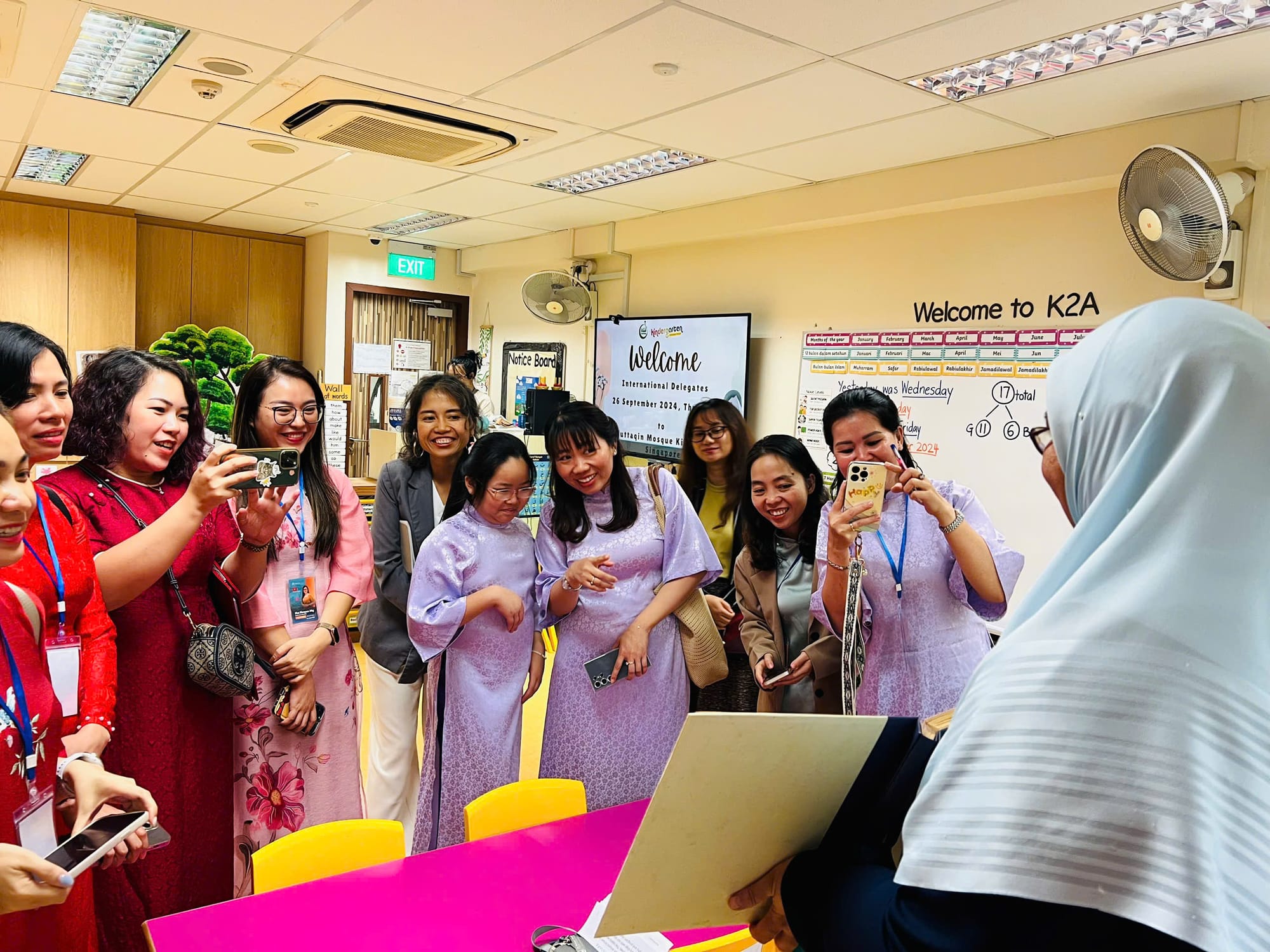
Benefit 2: Enhancing Practical Skills and Innovative Teaching Methods
Workshops, as an extension of professional development, are invaluable for equipping educators with practical skills and innovative teaching methods. These interactive sessions encourage problem-solving, critical thinking, and creativity. For example, a workshop on STEM education might involve hands-on activities like building simple machines or conducting basic experiments, providing educators with tools to make learning more engaging for young children. Similarly, art workshops can inspire educators to integrate creative projects into their curriculums.
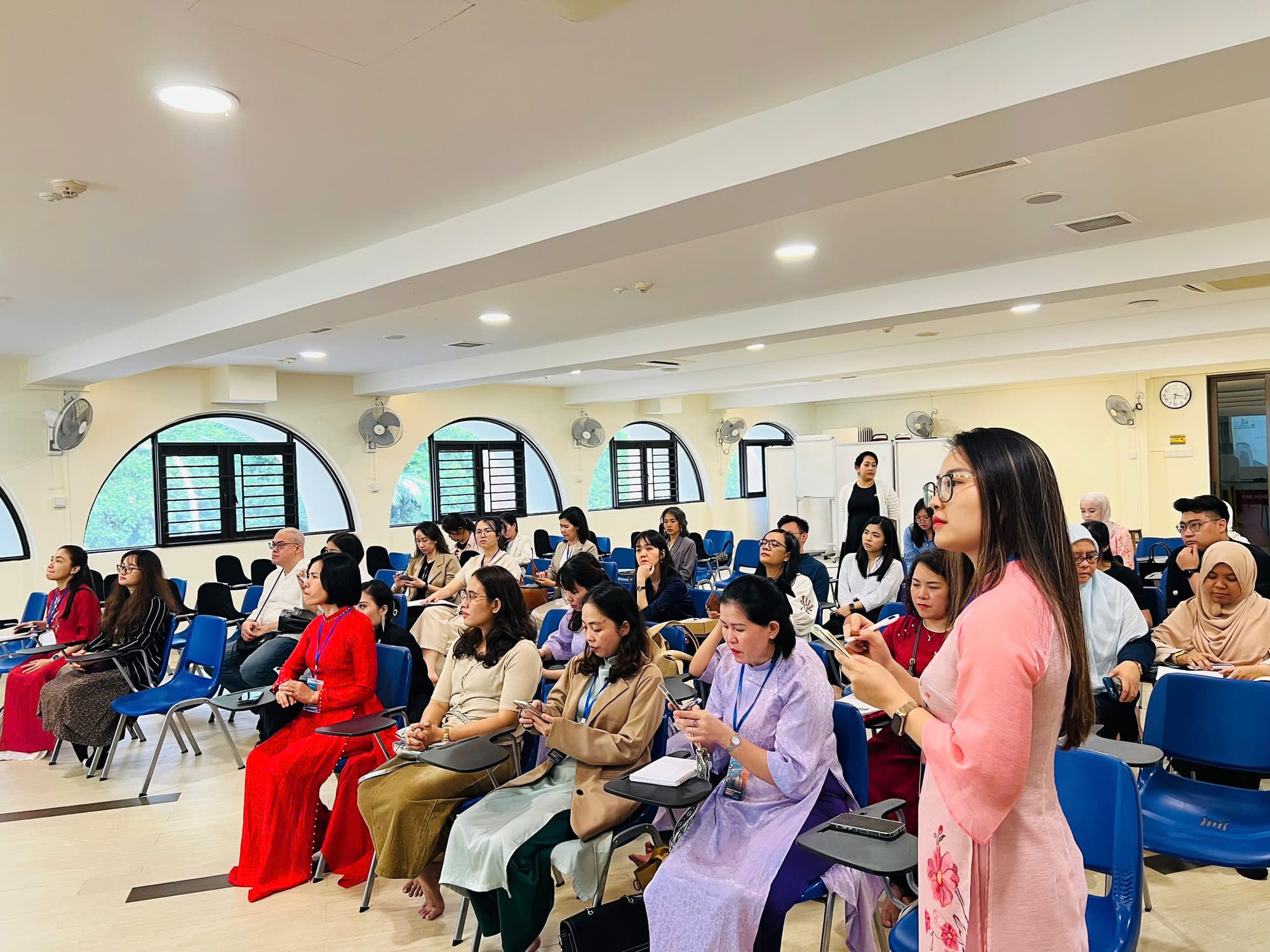
When paired with study tours, these workshops provide a cohesive learning experience. A visit to a local historical site, followed by a workshop on storytelling techniques, helps educators connect abstract concepts with tangible teaching applications. Such integrated professional development ensures that educators are well-prepared to deliver impactful lessons.
Benefit 3: Strengthening Collaborative and Reflective Practices
Study tours and school visits are not just about professional enrichment; they also play a crucial role in fostering collaborative and reflective practices among educators. These activities often involve group settings where teachers learn essential skills like teamwork, communication, and peer mentoring. For instance, during a school visit, educators might participate in discussions with peers from different cultural or socioeconomic backgrounds, promoting mutual respect and understanding.
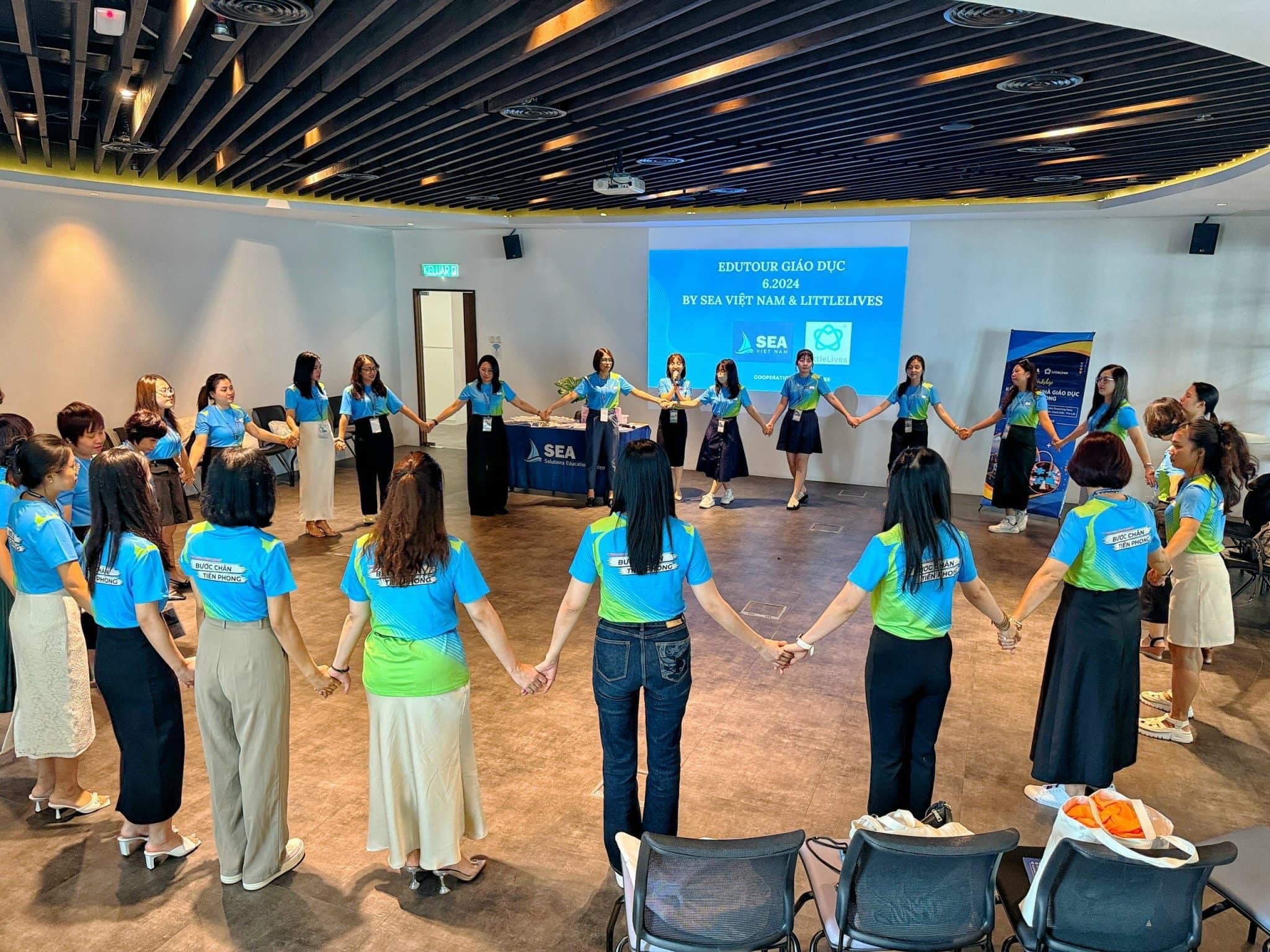
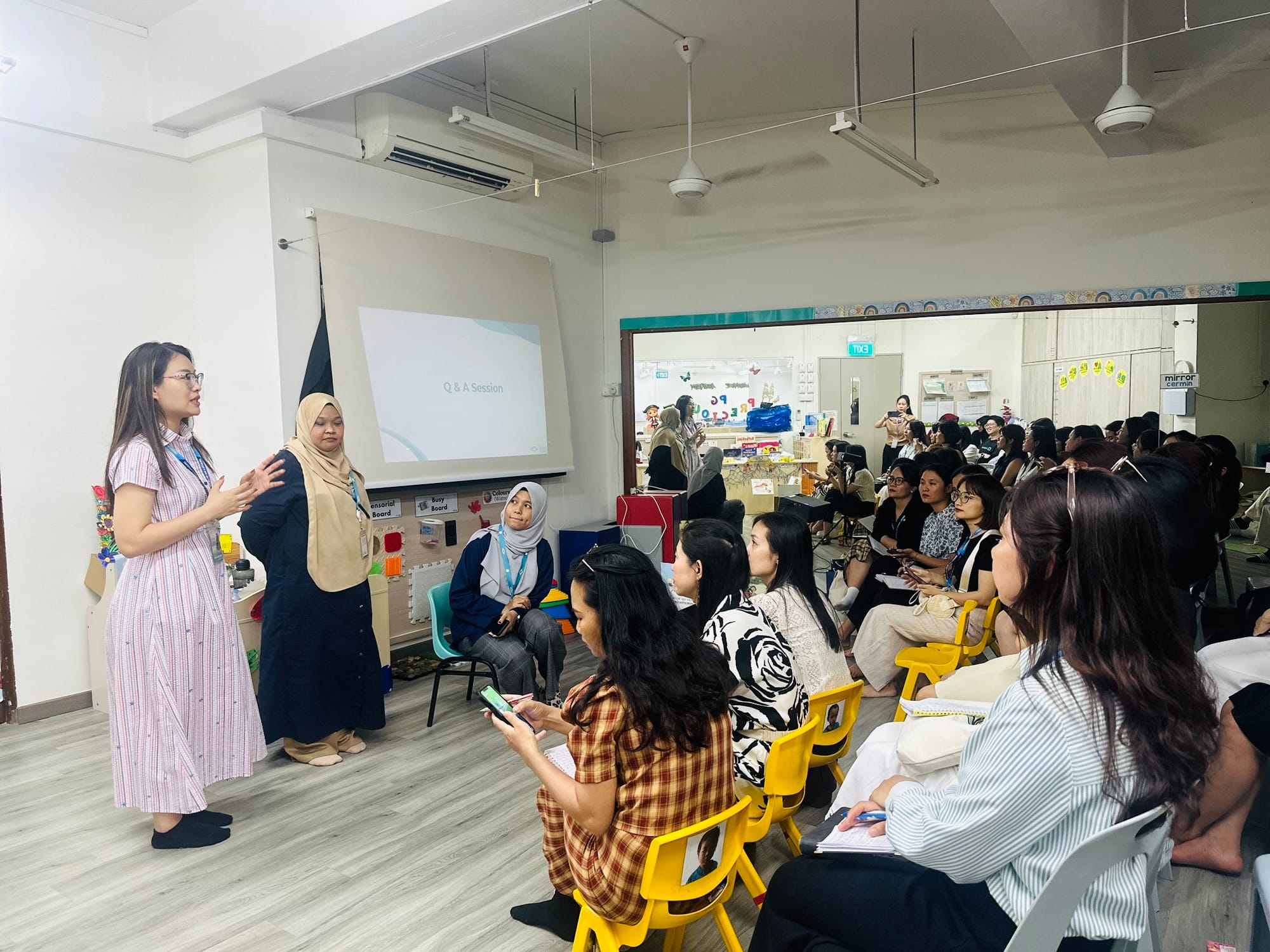
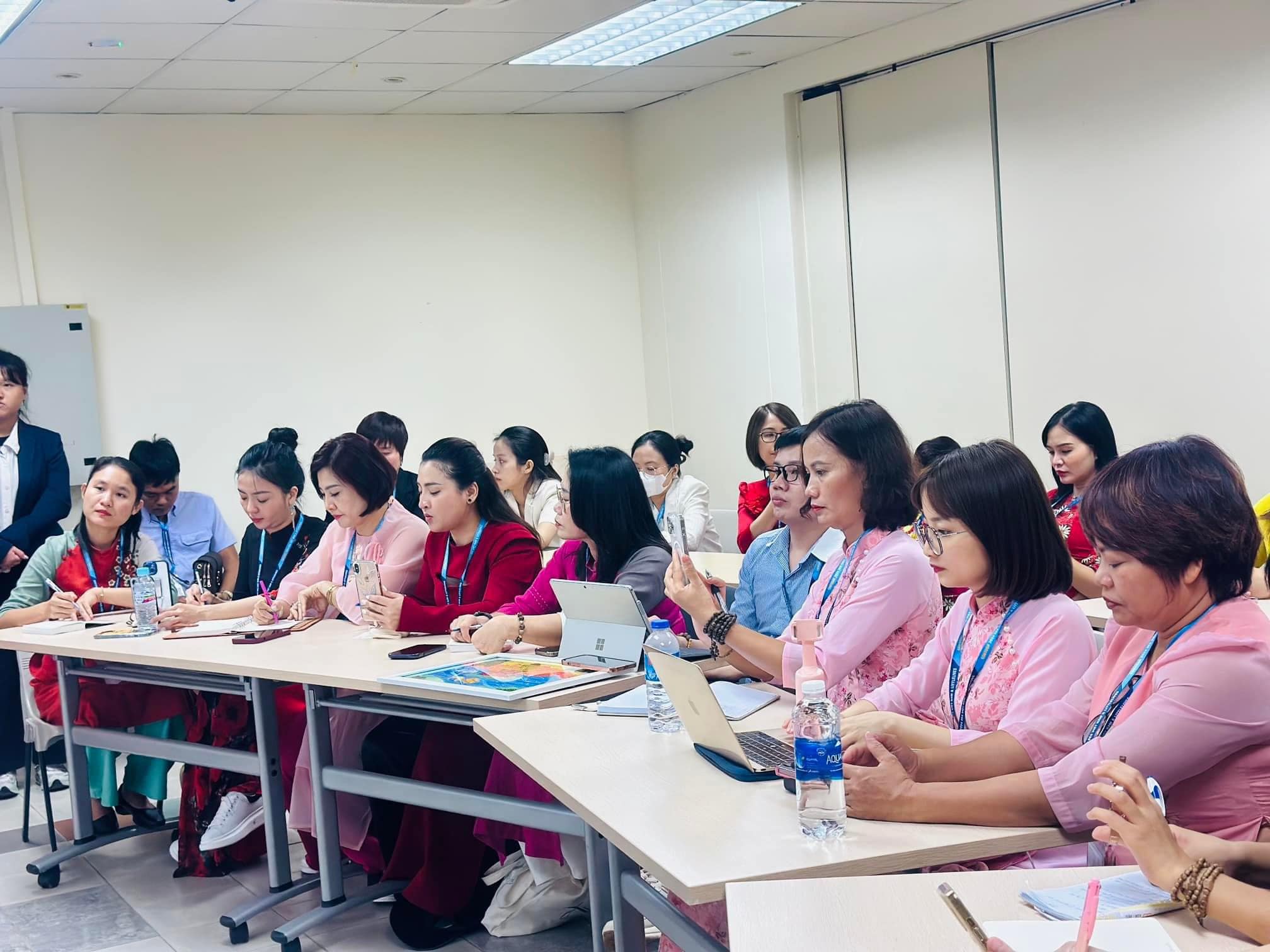
Workshops further enhance this development by encouraging educators to work together on projects, share insights, and reflect on their teaching practices. Such experiences help build professional networks and foster a culture of continuous improvement. This holistic approach ensures that educators are not only knowledgeable but also skilled in collaboration and self-reflection.
Conclusion
The combination of short-term study tours, school visits, and workshops offers a multifaceted approach to professional development in early childhood education. By expanding global perspectives, enhancing practical skills, and strengthening collaborative practices, these activities empower educators to excel in their roles. Education leaders should embrace these experiential learning opportunities to nurture well-rounded, innovative, and socially aware teaching professionals. Investing in such experiences today ensures a brighter future for early childhood education

